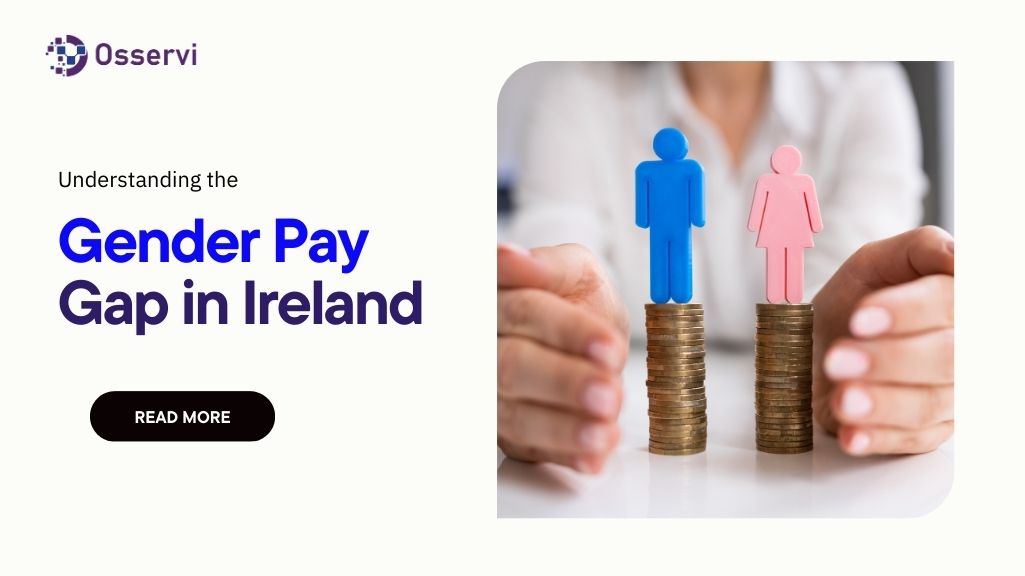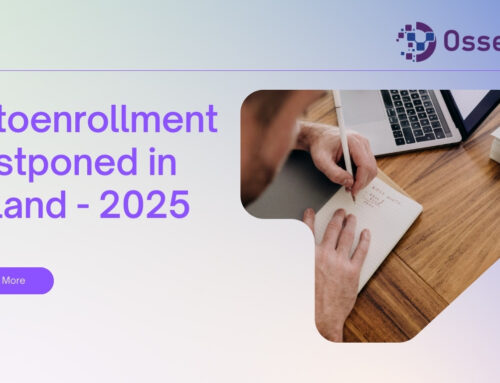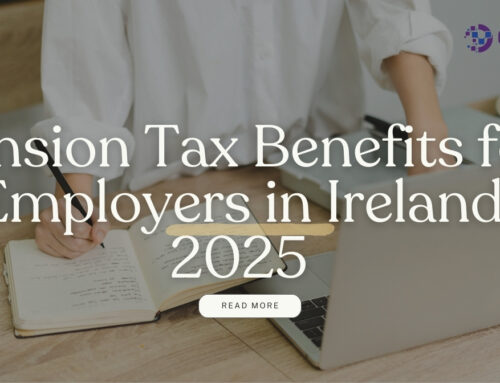The gender pay gap refers to the difference between the average hourly earnings of men and women. In Ireland, despite progress, achieving equal pay for equal work remains an ongoing challenge. This blog delves into the current state of the gender pay gap in Ireland, explores its causes, and examines initiatives aimed at achieving pay parity.
The Numbers: Ireland’s Gender Pay Gap
Ireland’s most recent national figures, from the Central Statistics Office’s Structure of Earnings Survey 2022, show a gender pay gap of 9.6%. This means men earned, on average, 9.6% more per hour than women. However, the picture is more complex when considering various factors.
- Sectoral Differences: The gap varies significantly across sectors. The highest gap exists in finance, insurance, and real estate (24.7%), while education boasts the lowest (2.7%).
- Full-Time vs. Part-Time: Interestingly, the gap flips for part-time workers. Here, women earn 6.9% more than men on average. This likely reflects the higher proportion of women in lower-paying part-time roles.
- Experience and Age: The gap tends to widen with experience and age, potentially due to career breaks for childcare or unconscious bias.
Causes of the Gender Pay Gap
Several factors contribute to the persistence of the gender pay gap:
- Occupational Segregation: Women are concentrated in lower-paying sectors like education and care work, while men dominate higher-paying fields like finance and construction.
- The Motherhood Penalty: Women may face career interruptions due to childcare responsibilities, impacting their earning potential and career progression.
- Unconscious Bias: Biases in recruitment, promotion, and salary negotiations can disadvantage women. Stereotypes about competence and work-life balance can influence decision-making.
- Lack of Transparency: A lack of transparency around pay structures can make it difficult for women to identify and challenge pay gaps.
Legislative Initiatives for Change
Ireland has taken steps to address the gender pay gap:
- The Gender Pay Gap Information Act 2021: This act requires companies with over 250 employees to report on their gender pay gap, promoting transparency and accountability.
- The National Women’s Strategy 2020-2025: This strategy includes measures to promote equal pay, support women’s career progression, and challenge unconscious bias.
What Can Be Done?
Closing the gender pay gap requires a multi-pronged approach:
- Breaking Down Occupational Segregation: Encouraging girls to pursue careers in STEM fields and promoting men in traditionally female-dominated sectors can help achieve a more balanced workforce.
- Supporting Working Parents: Affordable childcare options and flexible work arrangements can help women stay in the workforce and minimize career interruptions.
- Unconscious Bias Training: Training for employers and employees can raise awareness of unconscious bias to ensure fair treatment in recruitment, promotion, and salary negotiations.
- Pay Transparency: Implementing transparent pay structures with clear criteria for promotion and salary increases can empower women to negotiate effectively.
- Stronger Enforcement: Robust enforcement of the Gender Pay Gap Information Act is crucial to hold companies accountable for achieving pay parity.
The Road to Equality
While Ireland has made progress on the gender pay gap, significant work remains. By addressing the root causes – from occupational segregation to unconscious bias – and implementing effective solutions, Ireland can move closer to achieving equal pay for equal work. Businesses, policymakers, and individuals all have a role to play in creating a more equitable future.
Looking Forward
The gender pay gap issue is complex, but not insurmountable. By fostering a culture of transparency, promoting equal opportunities, and dismantling biases, Ireland can close the gap and ensure that women receive the fair compensation they deserve.
Continue Reading
Get a personal consultation.
Call us today at (01) 5170179
Packages to suit your budget (we are on avg 30% better value than competitors)..
Frequent Searches Leading To Pages:
Payroll Services Ireland | Payroll Services | Payroll Ireland | Payroll Outsourcing Ireland | Outsourced Irish Payroll | Outsource Payroll Services Ireland | Outsourced Irish Payroll Services Dublin & Ireland | Ireland Payroll Service | Payroll companies Ireland | Payroll service provider





